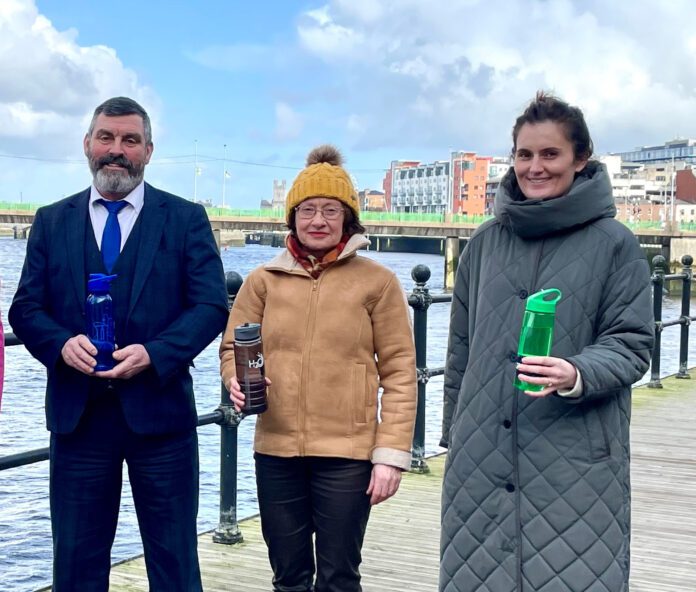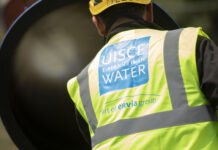
WITH the Mid West region having one of the highest rates of an E.Coli bacteria variant in Europe, an awareness campaign has been launched to encourage people to test their private well water and reduce the risk of serious illness from drinking contaminated water.
The campaign, which is a joint initiative by the Department of Public Health Mid-West and the HSE Environmental Health Service, advises well owners to avail of local authority grants for the provision of appropriate protection and treatment systems.
Verotoxigenic E. Coli (VTEC) is a bacteria that can cause stomach pains and diarrhoea sometimes streaked with blood. It occurs more frequently during spring and late summer.
Over the past ten years, the Department of Public Health Mid-West has been notified of 1,250 cases of VTEC in the region, with 164 cases in 2021. The Mid-West has one of the highest rates of VTEC in Ireland, and Ireland has one of the highest rates in Europe.
In addition to causing severe stomach pains and diarrhoea, VTEC can cause a serious condition known as Haemolytic Uremic Syndrome (HUS), which results in the breakdown of red blood cells and kidney failure. Between five and ten per cent of VTEC cases will suffer from HUS, with some requiring dialysis. Five per cent of people who develop this serious condition may die.
The Mid-West has also one of the highest rates of Cryptosporidium in Ireland. There were 121 Cryptosporidium cases recorded in the Mid-West region in 2021, almost three times the number recorded in 2020 and the highest over the past ten years.
Cryptosporidium is a parasitic disease mainly found in faeces of animals. Infection mainly occurs through contact with farm animals or their environment or when people drink water contaminated with animal faeces, or touch contaminated objects and then touch their mouths before washing their hands.
Symptoms include diarrhoea, stomach pains, and headaches. It may cause outbreaks of gastroenteritis, and can have long-lasting effects on those with weak immune systems.
Public Health Medicine Specialist Dr Rose Fitzgerald said that if private well water is not treated, the water could be contaminated and cause illness.
“A household outbreak of VTEC or Cryptosporidium linked to a water supply can spread to outside settings, such as childcare settings and friends and family. This can be prevented by ensuring adequate treatment of private well water.
“ Infected persons and their close contacts need clearance from a Public Health doctor before being able to return to healthcare, childcare, or work that involves handling food,” Dr Fitzgerald said.
Regional Chief Environmental Health Officer Dr Maurice Mulcahy said that private well water can pose a risk to health unless the wells are properly protected, maintained and, if necessary, treated.
“You may not be able to tell without assessing your supply and having the water tested whether your water supply is safe – contamination will not always change the taste, smell or colour of your water,” he explained.








